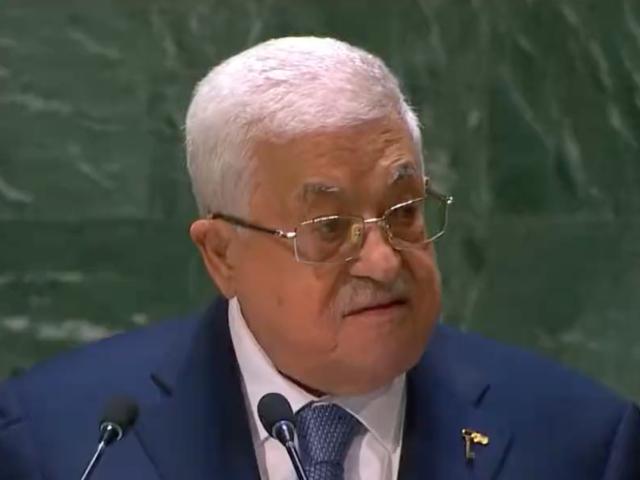As the United Nations Security Council gears up for a critical vote this Friday on the Palestinian Authority's bid for full membership, the international community watches closely. The proposal, spearheaded by Algeria and backed by at least eight nations, could dramatically shift the dynamics of Middle Eastern geopolitics.
Gilad Erdan, Israel's Ambassador to the UN, voiced a stark rebuke of the bid, which he perceives as rewarding a governance that, according to him, "incites and funds terror with no control over its territory." Erdan's assertion positions the upcoming decision as not just a procedural vote but a potential endorsement of behaviors Israel deems antithetical to peace and security. Should the Security Council recommend the Palestinian Authority for membership, Erdan argues that it would effectively transform the body from a bastion of international security into a "Terror Council."
[Just Say No] Security Council sets Friday vote for full Palestinian membership to UN. US expected to veto measure * 14 soldiers among 18 injured in northern drone strike * Iran parades military equipment, threatens deadlier arms will be used against Israel [TOI] #PaleStine #UNSC… pic.twitter.com/V442w8ra8P
— Eli Dror (@edrormba) April 17, 2024
The timing of the vote is sensitive, nestled between proposals by Algeria and an impending one from France. Israel's diplomatic corps, therefore, finds itself in a precarious dance, lobbying hard against the Algerian motion to conserve a possible U.S. veto for the French proposal, which looms shortly after. The U.S. itself appears reticent to exercise its veto power repeatedly, amidst broader geopolitical tensions and internal political pressures.
The Palestinian leadership, under President Mahmoud Abbas, remains steadfast, having rebuffed attempts by the Biden administration to defer the vote. Abbas’s administration views the move towards full UN membership as a long-overdue step towards global recognition of Palestinian statehood, which has been in the observer status limbo for over a decade.
Arab Group releases statement calling on #UNSC members to vote in favor of @AlgeriaUN's draft resolution on Thursday recommending that @Palestine_UN become a full #UN member state. "At the very least, we implore Council members not to obstruct this critical initiative," the… https://t.co/kQvioFlIJA pic.twitter.com/GbPiycn3Vi
— Rami Ayari (@Raminho) April 17, 2024
Behind the scenes, U.S. and Israeli efforts are intensifying to sway key nations like France, Switzerland, Japan, South Korea, and Ecuador to either vote against the proposal or abstain, ensuring the Palestinians do not secure the necessary nine out of fifteen votes. The U.K., under Foreign Minister David Cameron, has already signaled its opposition to the Algerian proposal, aligning itself with Israel’s stance.
As the vote draws near, with a special debate involving global stakeholders like Iran, the European Union, and Jordan set for Thursday, the international community remains on edge. The outcome could significantly affect the Israeli-Palestinian dynamics and shift U.S. positions in the region, especially concerning its intricate negotiations on broader Middle Eastern peace processes, including potential normalization between Israel and Saudi Arabia.
After two mtgs, the #UNSC Committee on the Admission of New Members has agreed on its report regarding the reconsideration of the State of #Palestine’s application for full membership in the UN. See here. ⬇️ https://t.co/hmjwnXX5KL pic.twitter.com/RefHFXCHPm
— UN Report 🇺🇳 (@UN_Report) April 17, 2024
In summary, this week at the UN could either pave the way for a new chapter in Palestinian aspirations or reinforce a status quo that many see as unsustainable. The world watches as diplomacy, strategic interests, and international law converge in this high-stakes geopolitical theater.


